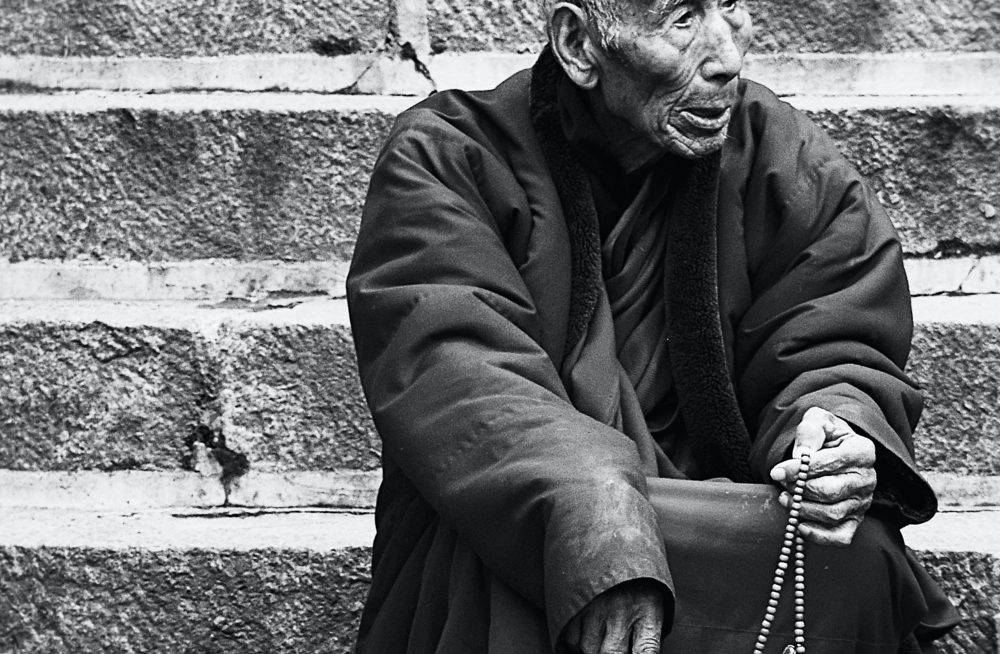Verse 30 of the 37 Verses of a Bodhisattva encourages us to cultivate wisdom and skill. It reads,
Without wisdom, the five perfections
Are not enough to attain full awakening.
Cultivate wisdom and skill
Free from the three domains- this is the practice of a bodhisattva.
verse 30
First, a few reminders for context: the paramitas are called the six perfections, and wisdom is the final and most important one. There’s no way to attain the others without it. And the way you practice wisdom is through skill…and particularly skill that helps you see through the three domains.
The three domains are agent, object, and action. Thubten Chodron explains, “For example, when we practice generosity—let’s say we give a donation to a temple—the agent (ourselves), the object (this is the temple that is the recipient or the donation that we are giving), and the action (the action of giving) have no inherent essence. They do not exist under their own power, independent of other factors. The recipient cannot exist without the person who is giving, the object given and the action of giving. The
other elements are similarly dependent on the others. They all exist by being in relationship to one another.” Buddhism calls this understanding dependent arising. It’s the understanding that all our responses are reactions to something else. We don’t have “original” or “independent” responses.
So seeing beyond the three domains means we recognize the deep interdependence of reality. For Buddhists, this leads to an understanding of emptiness. For us in the West, emptiness is such a tough concept. I think interconnection works better. We see ourselves in proper context; that is, in such a way that we don’t get so caught up in the idea that WE are making reality happen independently. When we know that, we don’t have to defend our castles. We can drop in and let go.
But HOW?! We practice. We ponder interconnection (dependent arising) and then one day, we find that we don’t have to work so hard to think on it. It has become part of our understanding. Dilgo Khyentse says when our meditation and post-meditation remain the same, we’ve reached “the realization of great sameness.” We’ve attained an embodied knowing, which at its heart is what wisdom does for all of us.
How can you practice the skill of seeing dependent arising today?





Art Nicklaus
Great post, as usual! The word “Cultivate” especially resonated with me, thinking of the way in which we must cultivate the soil if we mean to grow anything good. Breaking up hard ground, planting seeds, watering, weeding, fertilizing, etc. No cultivation = no new growth, or stunted growth at best.